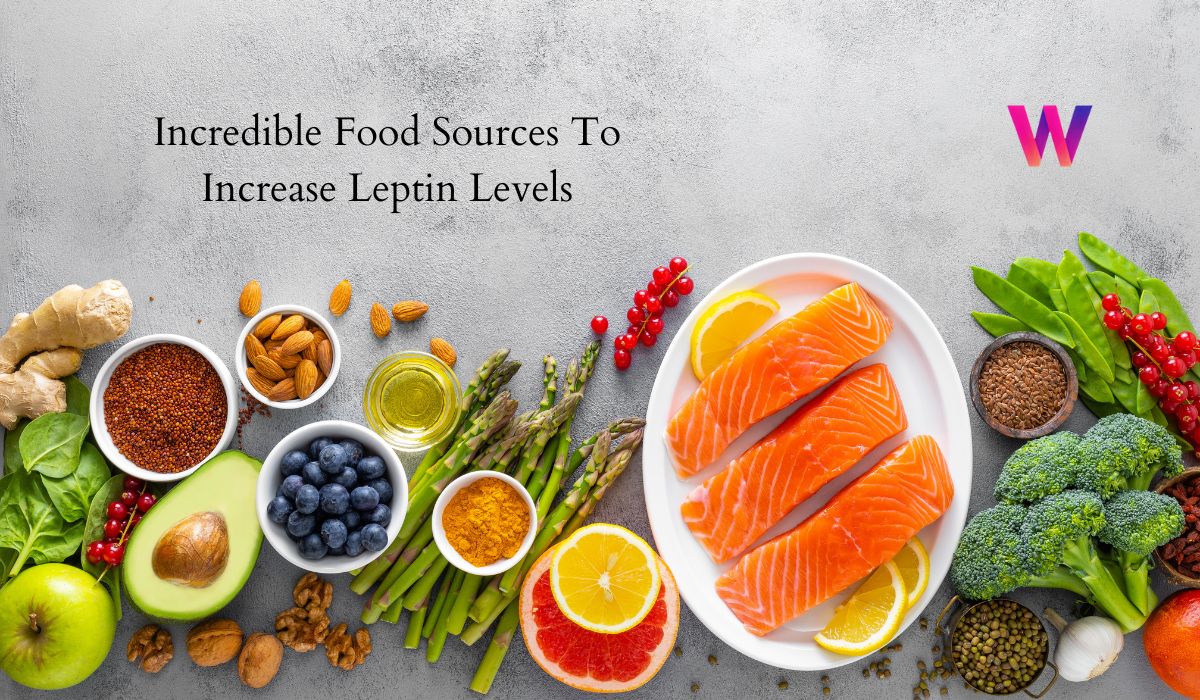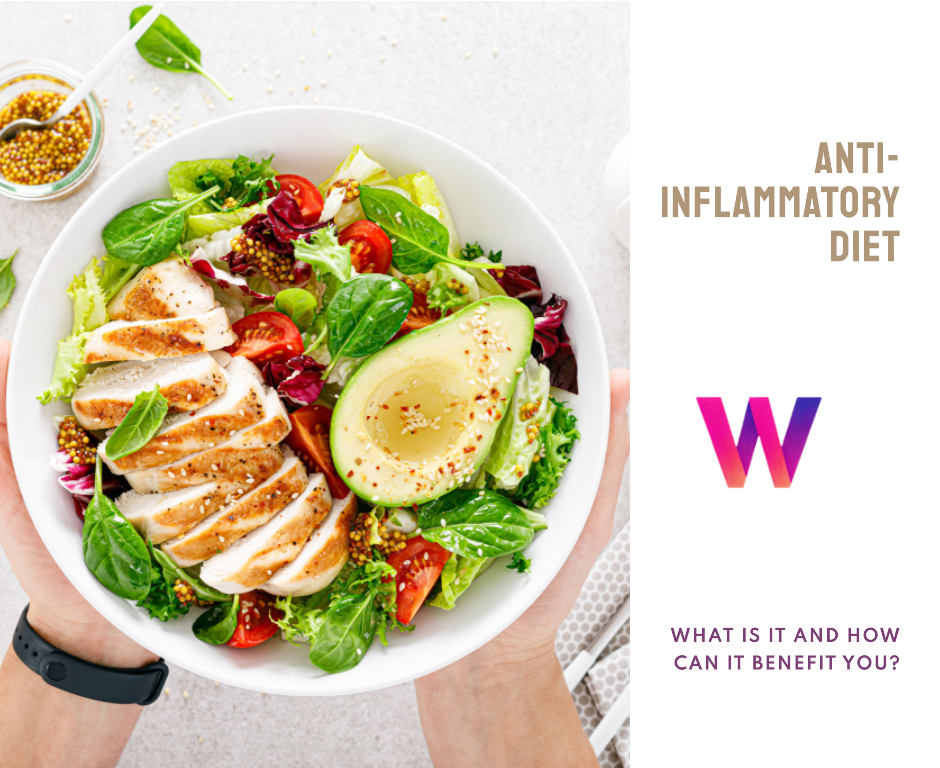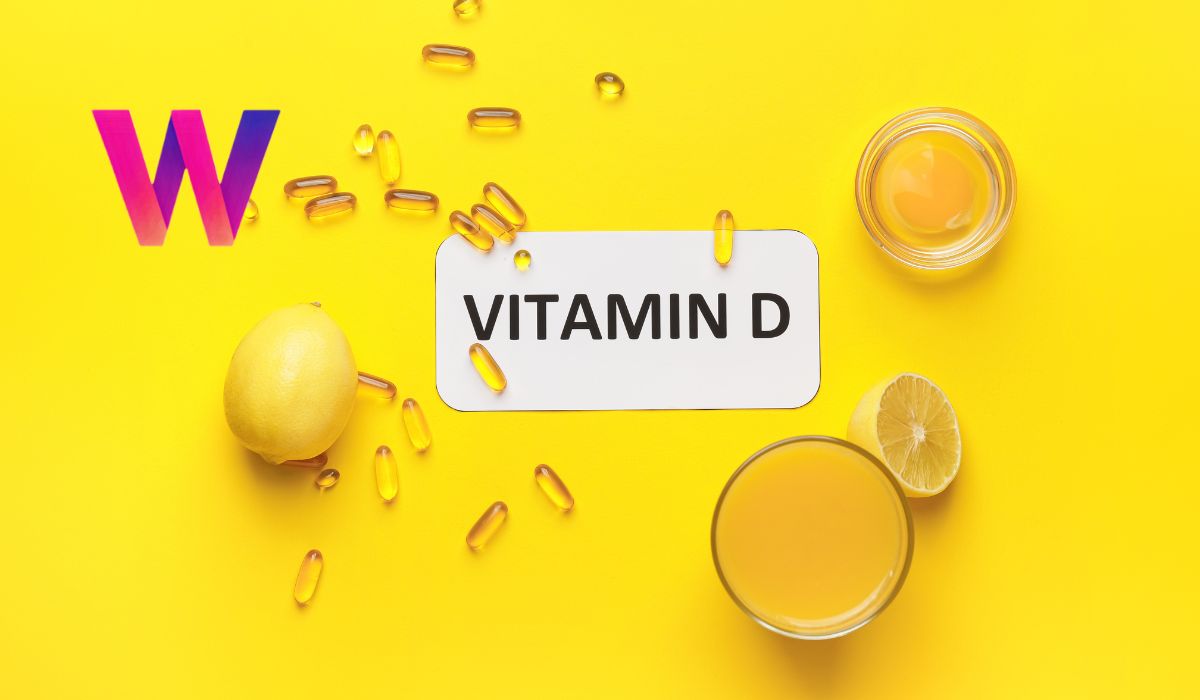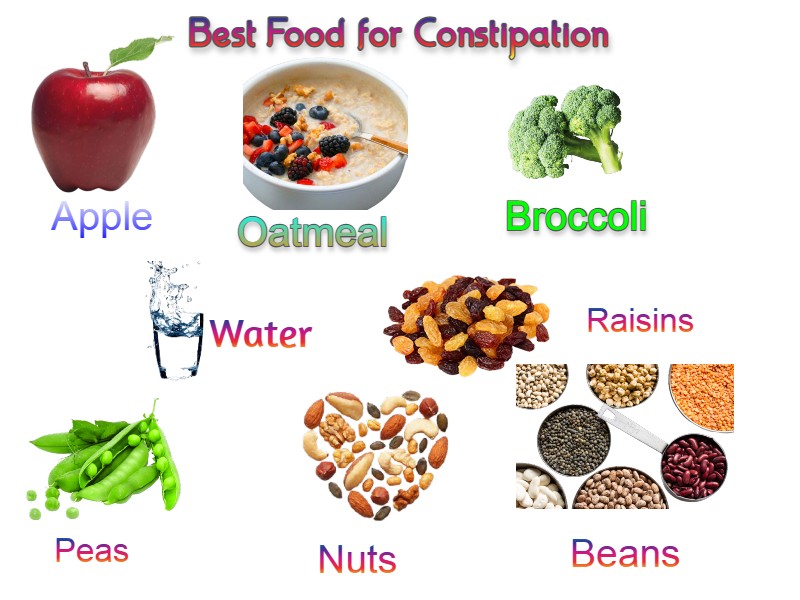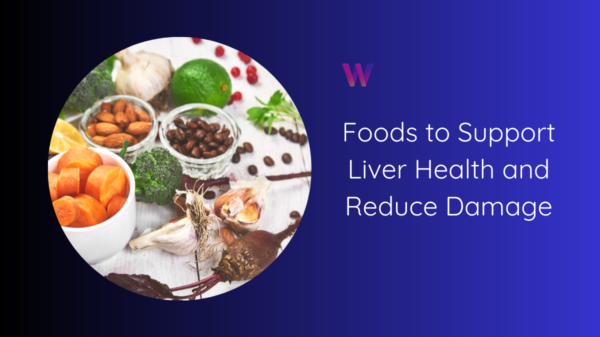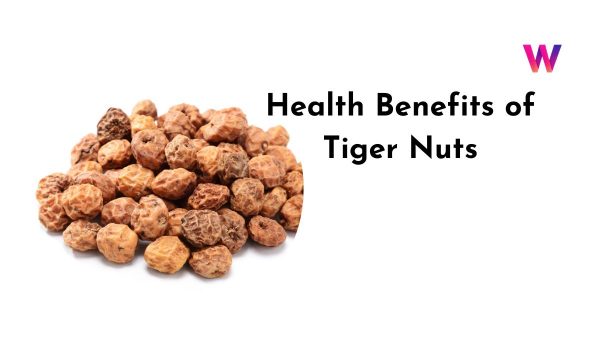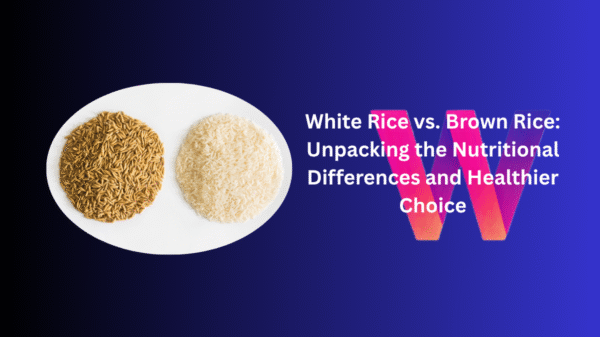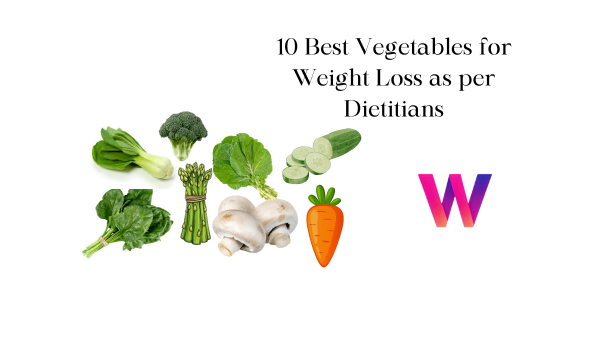Leptin is a hormone that plays a key role in regulating your appetite, metabolism and energy balance. It is produced by your fat cells and sends signals to your brain about how much fat you have stored and how much you need to eat. Leptin helps you feel full and satisfied after a meal and prevents you from overeating.
However, sometimes your body may become resistant to leptin, meaning that your brain does not respond to its signals properly. This can lead to increased hunger, cravings, overeating and weight gain. Leptin resistance is more common in people with obesity, but it can also affect anyone who has chronic inflammation, stress, poor sleep quality or a diet high in processed foods, sugar and unhealthy fats.
Fortunately, there are some natural ways to increase your leptin levels and improve your leptin sensitivity. One of them is eating foods that can boost your leptin production, reduce inflammation and enhance your brain’s response to leptin. In this article, we will explore some of the best food sources to increase leptin levels and how they can benefit your health and weight management.
Table of Contents
Foods that Increase Leptin Levels:
Grapefruit
Grapefruit is a citrus fruit that is rich in vitamin C, fiber, antioxidants and phytochemicals. It has been shown to have various health benefits, such as lowering blood pressure, cholesterol and blood sugar levels, improving insulin sensitivity and protecting against oxidative stress and inflammation.
Grapefruit may also help increase leptin levels by stimulating the production of adiponectin, another hormone that regulates fat metabolism and glucose uptake. Adiponectin can enhance the effects of leptin and help prevent leptin resistance. Additionally, grapefruit can help suppress your appetite by activating the bitter taste receptors on your tongue, which can reduce your desire for sweet foods.
You can enjoy grapefruit as a fresh fruit, juice or salad ingredient. However, be careful if you are taking any medications, as grapefruit can interact with some drugs and affect their absorption or metabolism.
Whole Grains
Whole grains are grains that have not been refined or processed, such as oats, barley, quinoa, brown rice and buckwheat. They contain complex carbohydrates, fiber, protein, vitamins, minerals and phytochemicals that can benefit your health in many ways.
Whole grains can help increase leptin levels by providing a steady source of energy and preventing spikes and crashes in blood sugar levels. This can help regulate your appetite and hunger hormones and keep you feeling full for longer. Moreover, whole grains can help lower inflammation and oxidative stress in your body, which can impair your leptin signaling and cause leptin resistance.
You can include whole grains in your diet by replacing refined grains like white bread, pasta and rice with their whole grain counterparts. You can also use whole grains to make porridge, granola, muffins, pancakes or bread.
Broccoli
Broccoli is a cruciferous vegetable that belongs to the same family as cabbage, cauliflower, kale and Brussels sprouts. It is one of the most nutritious vegetables you can eat, as it is loaded with vitamin C, vitamin K, folate, fiber, antioxidants and sulforaphane.
Sulforaphane is a compound that gives broccoli its distinctive smell and taste. It has potent anti-inflammatory and anti-cancer properties and can modulate various cellular processes involved in metabolism, immunity and detoxification. Sulforaphane may also help increase leptin levels by activating a protein called Nrf2, which regulates the expression of genes related to antioxidant defense, inflammation and energy balance.
You can eat broccoli raw or cooked in various ways, such as steaming, roasting or stir-frying. You can also add broccoli to salads, soups or casseroles for extra flavor and nutrition.
Fish
Fish is an excellent source of protein, omega-3 fatty acids, DHA (docosahexaenoic acid) and EPA (eicosapentaenoic acid). Omega-3 fatty acids are essential for your brain health, cardiovascular health, skin health and immune system function. They can also help increase leptin levels by reducing inflammation, improving insulin sensitivity and enhancing the communication between leptin receptors and the hypothalamus (the part of the brain that controls appetite and energy expenditure).
DHA and EPA are especially important for leptin production and sensitivity, as they are incorporated into the cell membranes of your fat cells and brain cells. They can also modulate the activity of enzymes and transcription factors that regulate leptin synthesis and signaling.
Some of the best sources of omega-3 fatty acids are fatty fish, such as salmon, mackerel, herring, sardines and anchovies. You should aim to eat at least two servings of fish per week, preferably wild-caught or organic. You can also take fish oil supplements if you don’t eat enough fish or have a fish allergy.
Almonds
Almonds are nuts that are rich in protein, fiber, healthy fats, vitamin E, magnesium and antioxidants. They can help increase leptin levels by providing satiety, lowering blood sugar levels, reducing inflammation and oxidative stress and improving insulin sensitivity.
Almonds can also help increase the production of another hormone called GLP-1 (glucagon-like peptide-1), which works together with leptin to regulate appetite and energy balance. GLP-1 is secreted by the cells in your gut in response to food intake and stimulates the release of insulin and the inhibition of glucagon (a hormone that raises blood sugar levels). GLP-1 also acts on your brain to reduce hunger and increase fullness.
You can snack on a handful of almonds or add them to your oatmeal, yogurt, salads or smoothies. You can also use almond butter, almond milk or almond flour as alternatives to peanut butter, cow’s milk or wheat flour.
Spinach
Spinach is a leafy green vegetable that is high in vitamin A, vitamin C, vitamin K, folate, iron, calcium and antioxidants. It can help increase leptin levels by supplying your body with essential nutrients, lowering inflammation and oxidative stress and enhancing your gut health.
Spinach contains a compound called thylakoid, which is found in the chloroplasts of plant cells. Thylakoids can help increase leptin levels by stimulating the release of CCK (cholecystokinin), another hormone that regulates appetite and digestion. CCK is produced by the cells in your small intestine and gallbladder in response to fat intake and signals your brain to stop eating.
You can eat spinach raw or cooked in various dishes, such as salads, soups, omelets or lasagna. You can also blend spinach with fruits and vegetables to make green smoothies or juices.
Carrots
Carrots are root vegetables that are known for their bright orange color and crunchy texture. They are rich in beta-carotene, a precursor of vitamin A that is important for your vision, skin health and immune system function. They also contain fiber, vitamin C, vitamin K, potassium and antioxidants.
Carrots can help increase leptin levels by providing beta-carotene, which can be converted into retinoic acid in your body. Retinoic acid is a metabolite of vitamin A that can modulate the expression of genes involved in leptin synthesis and signaling. Retinoic acid can also help prevent leptin resistance by reducing inflammation and oxidative stress in your fat cells and brain cells.
You can eat carrots raw or cooked as a snack or a side dish. You can also grate carrots and add them to salads, cakes or muffins. You can also juice carrots with other fruits and vegetables for a refreshing drink.
FAQs
Q: What is leptin?
A: Leptin is a hormone that is produced by your fat cells and sends signals to your brain about how much fat you have stored and how much you need to eat. Leptin helps you feel full and satisfied after a meal and prevents you from overeating.
Q: What causes leptin resistance?
A: Leptin resistance is a condition where your brain does not respond to leptin signals properly. This can lead to increased hunger, cravings, overeating and weight gain. Leptin resistance can be caused by various factors, such as obesity, inflammation, stress, poor sleep quality or a diet high in processed foods, sugar and unhealthy fats.
Q: How can I increase my leptin levels naturally?
A: You can increase your leptin levels naturally by eating foods that can boost your leptin production, reduce inflammation and enhance your brain’s response to leptin. Some of these foods are grapefruit, whole grains, broccoli, fish, almonds, spinach and carrots. You should also avoid foods that can lower your leptin levels or cause leptin resistance, such as refined grains, sugar-sweetened beverages, fried foods or trans fats.
Q: How does exercise affect leptin levels?
A: Exercise can affect leptin levels in different ways depending on the type, intensity and duration of the activity. In general, moderate exercise can help increase leptin sensitivity by improving blood flow to the brain, reducing inflammation and enhancing insulin sensitivity. However, excessive exercise or overtraining can lower leptin levels by increasing cortisol levels (a stress hormone), depleting glycogen stores (a form of carbohydrate stored in the muscles and liver) and triggering a starvation response in the body. Therefore, it is important to balance your exercise routine with adequate rest and recovery and avoid overdoing it.
Conclusion
Leptin is a hormone that plays a vital role in regulating your appetite, metabolism and energy balance. It helps you feel full and satisfied after a meal and prevents you from overeating. However, sometimes your body may become resistant to leptin, meaning that your brain does not respond to its signals properly. This can lead to increased hunger, cravings, overeating and weight gain.
To increase your leptin levels and improve your leptin sensitivity, you can eat foods that can boost your leptin production, reduce inflammation and enhance your brain’s response to leptin. Some of these foods are grapefruit, whole grains, broccoli, fish, almonds, spinach and carrots. These foods can also provide you with other nutrients and antioxidants that can benefit your health in many ways.
You should also avoid foods that can lower your leptin levels or cause leptin resistance, such as refined grains, sugar-sweetened beverages, fried foods or trans fats. These foods can increase inflammation and oxidative stress in your body and impair your leptin signaling and function.
Additionally, you should maintain a healthy lifestyle that includes regular exercise, adequate sleep, stress management and hydration. These habits can help regulate your hormones, metabolism and energy balance and prevent leptin resistance.
By following these tips, you can increase your leptin levels and improve your leptin sensitivity. This can help you control your appetite, eat less and burn more calories. As a result, you can achieve a healthy weight and prevent obesity-related diseases.


